
The regions Unisus (IB World) School offers busing from are:
Additional notes: We offer bussing daily from Penticton and West Kelowna. In addition, we support our 5-Day (M-F weekday) boarders with transportation options if required. Transportation to boarding events, activities and weekend adventure programs is on our Unisus school busses, driven by our licensed professional drivers.
How we see Unisus School
Compare with:
How Unisus School sees itself
"UNISUS is an innovative IB School in the beautiful Okanagan Valley of British Columbia, offering day and boarding programs for local and international students. We provide an education within, as well as beyond the classroom through academic + enrichment programs, individualized learning in optimal class sizes, safe, home-like boarding on a 17 acre campus, university guidance and preparation, the Scholar-Athlete programs + more. Ignite your child's passions with a memorable educational experience at UNISUS School."
"As an IB World School, the IB curriculum encourages students to think critically, challenge assumptions and consider both local and global contexts. Outdoor Education is a foundational part of our K-12 learning curriculum. Unisus is based in the four-seasons Okanagan Valley with access to unparalleled outdoor recreation, including skiing, boating, and watersports! We offer English language instruction. We offer ELL, Outdoor Ed and boarding in our custom-built facility."
"Where you send your child to school is one of the most important decisions you will make as a parent. At UNISUS, we inspire our students to be globally-minded citizens and critical thinkers through Academic Excellence, Student Empowerment, and Global Citizenship. We are proud to be the only IB World Boarding School in the Okanagan. Our location in beautiful Summerland allows us to offer an extensive and varied outdoor education program, including downhill skiing. High standard+high support."
"What might surprise students - particularly international or national boarding students - is the opportunity to explore four-season outdoor recreation activities: skiing, snowboarding, hiking, canoeing and kayaking, water sports. Boarding students who had never skied before arriving in the Okanagan, are all proficient skiers after spending weekends at Apex Mountain Ski Resort and Nickel Plate Nordic Centre! Add to that, a tight-knit, supportive community where no student feels lost in the crowd."
"Based in the beautiful Okanagan, British Columbia, we have a unique chance to ignite a passion and respect for outdoor exploration and recreation. The UNISUS outdoor education program has the natural advantage of the renowned sunny Okanagan climate and four-season outdoor activities, including skiing, snowshoeing, hiking, swimming, rock climbing, ziplining and direct access to some of the best hiking trails, lakes, and ski hills in the world. We also boast a tight-knit, caring community!"



The field
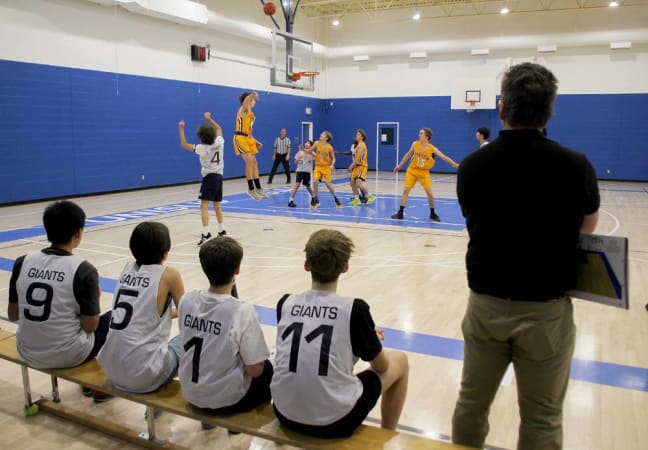
the Gymnasium
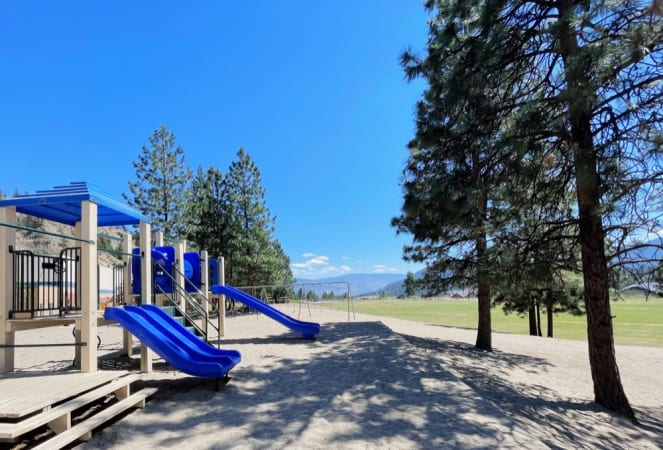
The playground



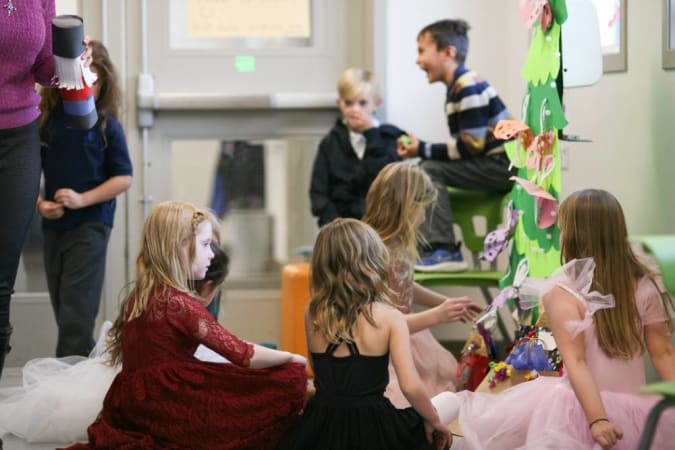
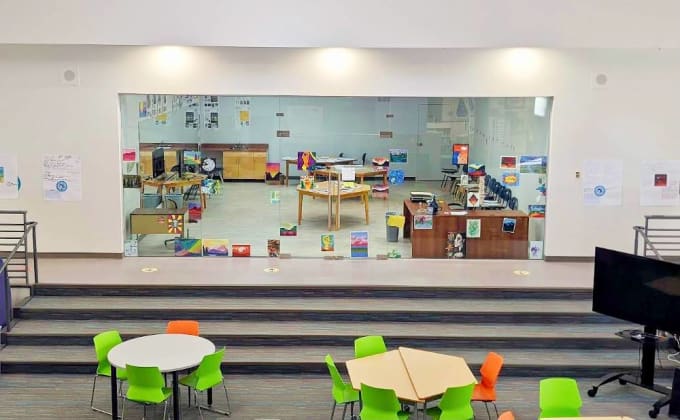







17 acres campus with dormitory overlooking lake Okanagan



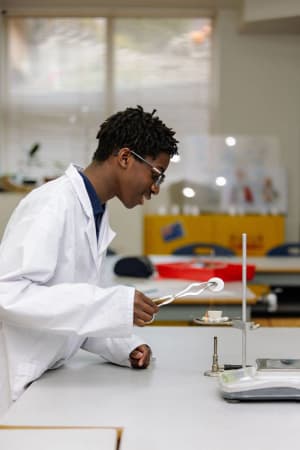
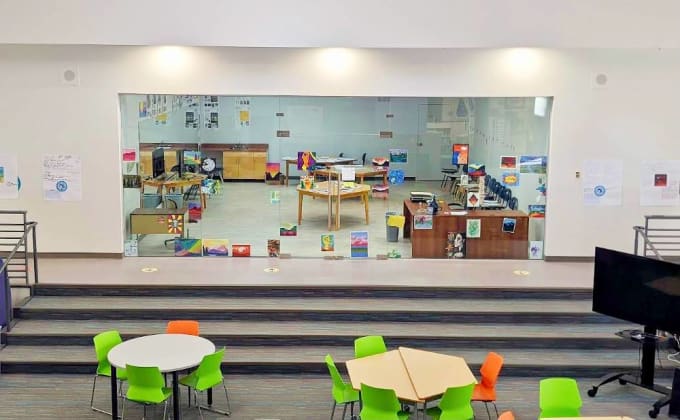




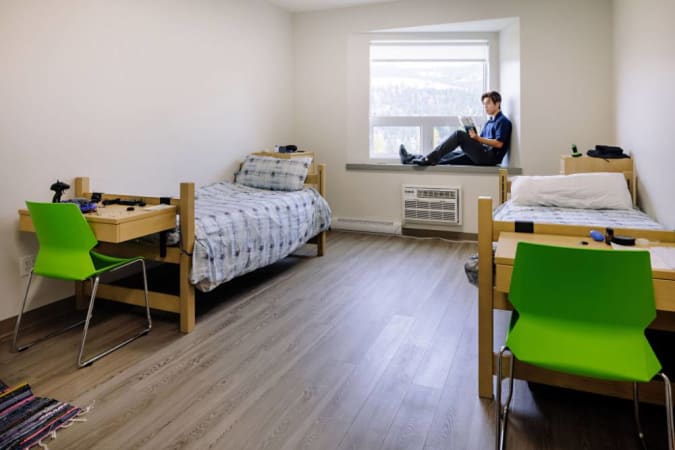
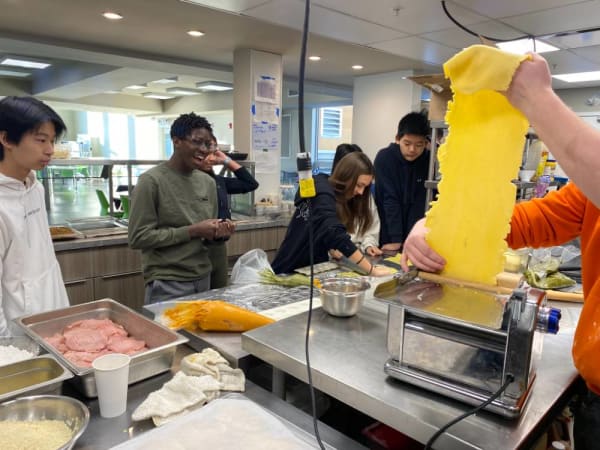










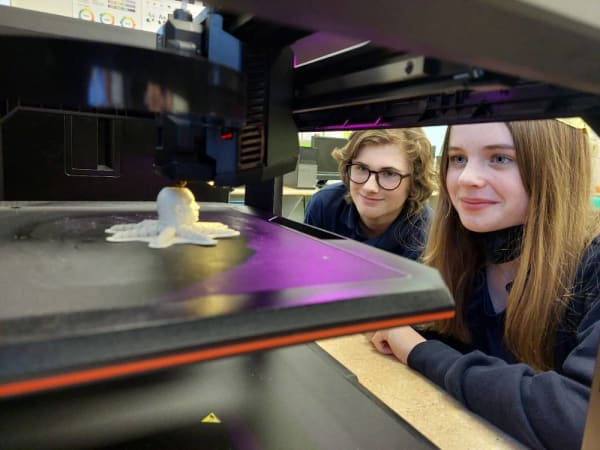
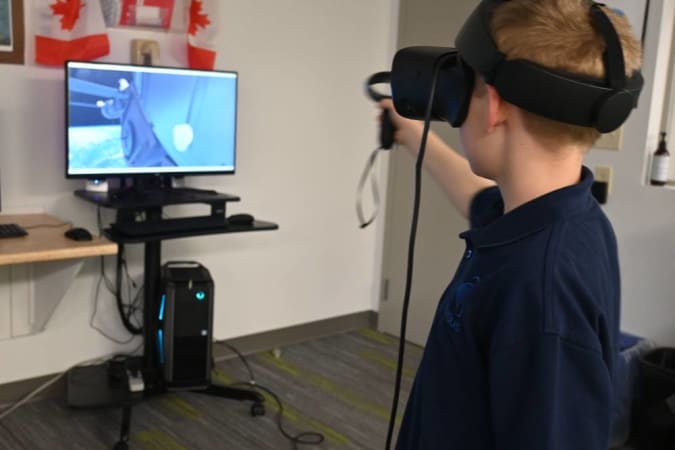




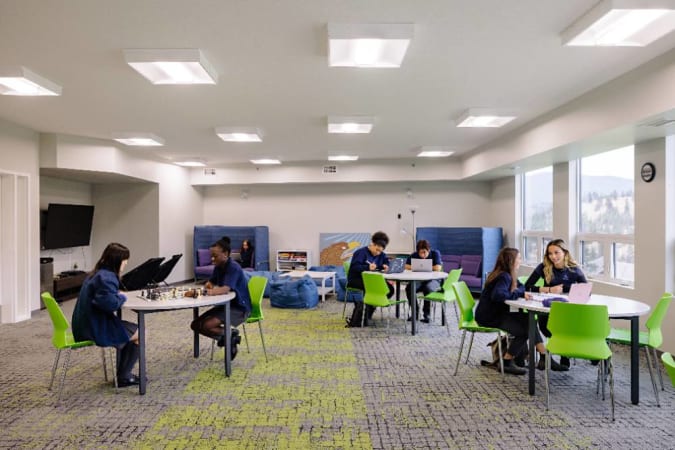
FabLab
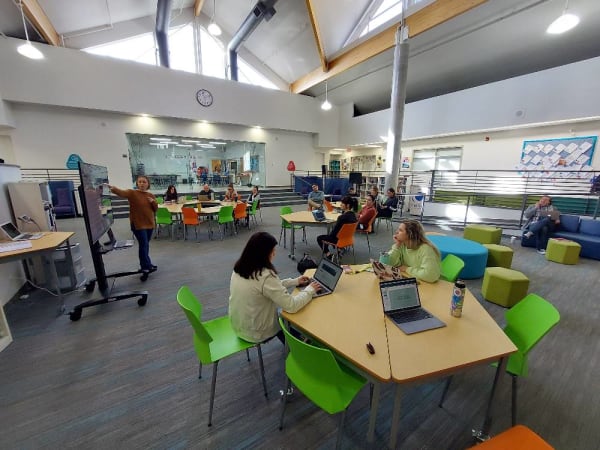
Library/Common Area
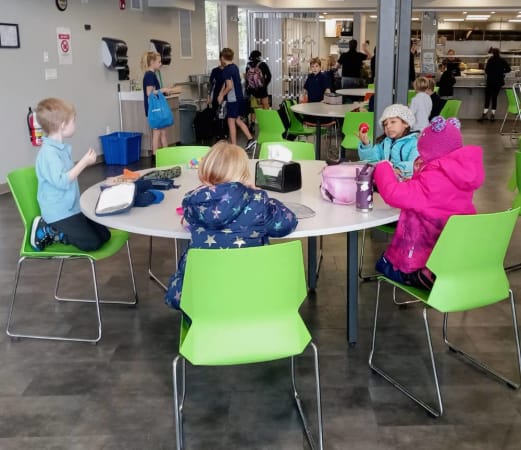
Dining Hall





Top-down influence on the school’s direction and tone

Dr. Beverley von Zielonka, Head of School
D.Ed. Administration, Boston University, M.A. Education, Oxford Brookes, B.Ed., Simon Fraser University
Looking for an education that's out of the ordinary? Unisus School is a Pre - K to Grade 12 day and boarding school in Canada's Okanagan, offering the International Baccalaureate program + the B.C. Diploma (Dogwood) with a strong focus on outdoor education, technology and entrepreneurship.
Everyone knows each other’s name in our safe, tight-knit, and inclusive community: children never get lost in the crowd. Every single student is known, accepted, encouraged, and supported to discover their voice, true self, and potential to shine. Small class sizes and dedicated IB teachers (most of whom have lived and taught overseas) mean your child will never be just a face in the crowd!
Founded in 2018, the UNISUS campus sits on a 17-acre hilltop at the base of Giant’s Head Mountain, in Summerland, the Central Okanagan. The school and our custom-built 60-student capacity boarding facility (and dining hall) is nestled among miles of vineyards and orchards, with a view to Lake Okanagan and all lake life has to offer. The Okanagan Valley offers four season recreation, a beautiful natural environment, and a safe place to learn and live
The UNISUS IB Diploma Programme (DP) offers students world-class university preparation programs and pathways to esteemed universities worldwide. The academically rigorous Diploma Programme (DP) offers an unsurpassed breadth and depth of knowledge that develops students intellectually, emotionally and ethically - increasing our student's candidacy to their university of choice (100% of our graduates continue to universities in Canada, the U.S. and Europe).
Students become confident and capable globally-minded citizens and thinkers, empowered to meet life's challenges with intelligence, compassion, and courage.
UNISUS is a community guided by three Learning and Teaching Goals:
Academic Excellence: where students are continually challenged and excel in their learning within a curriculum rooted in rigorous standards and real-world applications
Student Empowerment: where students develop the skills, confidence and resilience to embrace challenges and opportunities
Global Citizenship: where students commit to international mindedness through ethics, global perspectives, communication, leadership through service, and sustainability.
These learning and teaching goals are based on research and intention and ensure that UNISUS students are “future ready” and best equipped for our rapidly changing, interdependent world. We think our graduates will agree!
Dr Beverley von Zielonka
THE OUR KIDS REPORT: Unisus School
Next steps to continue your research:
Continue researching Unisus School with OurKids.net, or visit school website.